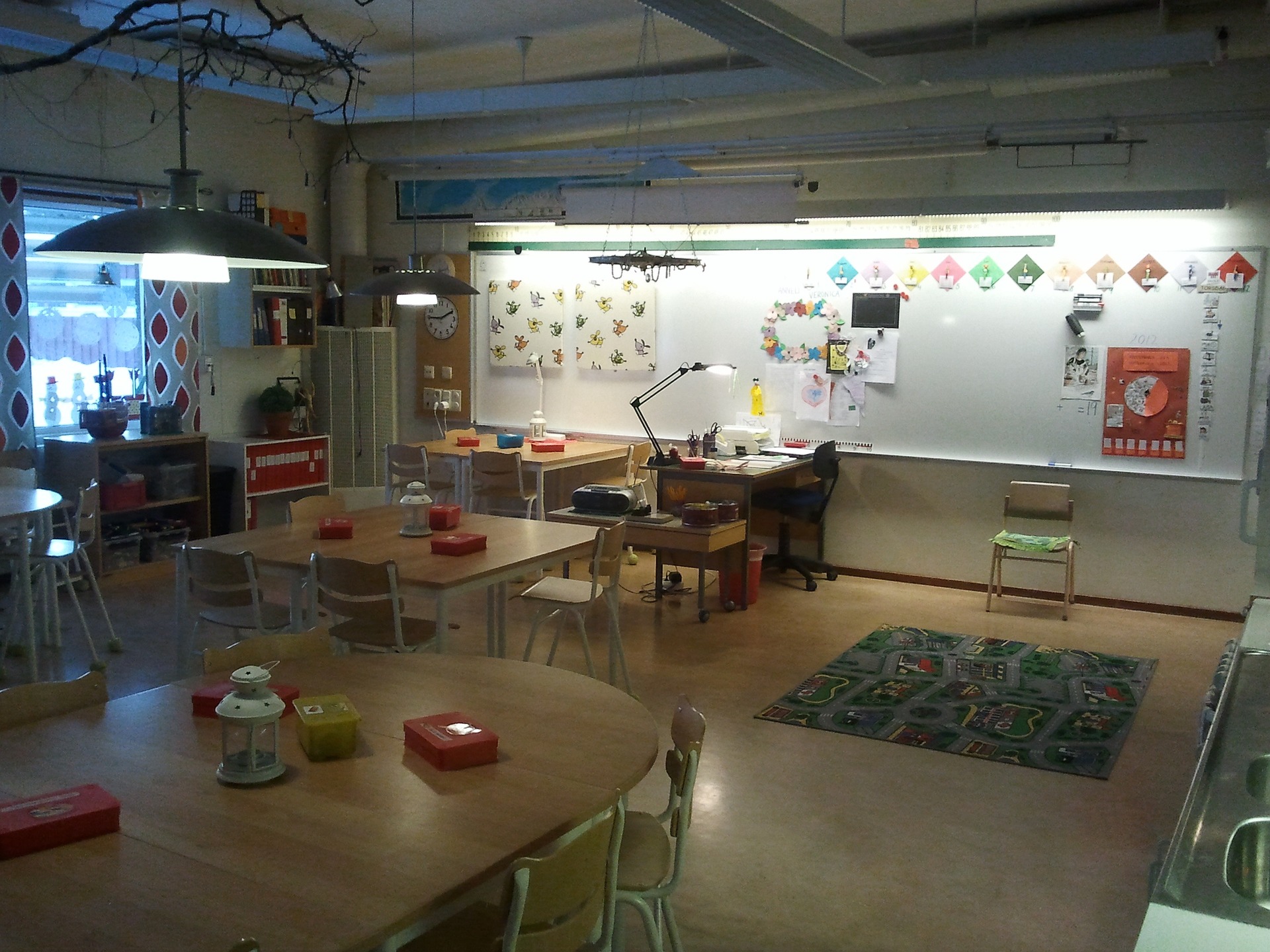An intense debate is taking place in the UK between religious groups in the context of what has been described as the introduction of ‘LGBT equality’ lessons and the announcement by the UK government that from September 2020, relationships and sex education (RSE) will become statutory in all secondary schools in England. Relationships education will also become compulsory in primary schools, with age-appropriate sex education also recommended. In the guidance, it states that pupils need to understand “that some people are LGBT [lesbian, gay, bisexual and transgender], that this should be respected in British society, and that the law affords them and their relationships recognition and protections”. The guidance also adds that: “Schools should make decisions about what it is appropriate to teach on this subject and when, based on the age, development and religious backgrounds of their pupils, and should involve their parents in these decisions.
Parkfield community school in Birmingham, a school that is 98%+ Muslim, has taken centre stage in the debate, after the introduction of the ‘No Outsiders in our school’ programme developed by Assistant Headteacher Stephen Moffat, that promotes LGBT equality in primary schools. The Parkfield Parent’s Community Group accuse Moffat of using this programme to promote his own personal beliefs on the acceptability of homosexuality as morally correct.
In a ‘Position Statement’, the Parkfield Parent’s Community Group expand and elaborate on what exactly their concerns are. They draw a distinction between accepting and respecting that some people will have different lifestyles and belief systems, (“we would say: some people choose to be gay and in our multicultural society, we will accept them as they are because it is for them to make that choice”), and affirming and promoting the universal acceptability of homosexuality as being normal and morally correct. They consider the latter as a type of “proselytising”. They draw parallels with their own religious beliefs; that they do not ask non-Muslims to affirm that Islam is the truth, nor do they consider those who do not believe to be Islamophobic, and stress that “any kind of homophobia or transphobia or discrimination…is against our values and the law”. They also express their alarm that the school has positioned this programme in the context of “a worrying rise in the radicalisation of young people”, and so effectively suggesting that 4-year old children are in need of de-radicalisation.
The row has resulted in lessons being suspended and protests spreading across the city and in other areas. In mid March, the school decided to suspend the lessons indefinitely until a resolution is reached with protesting parents, after around 600 Muslim children were withdrawn from school for the day. This week, Education secretary Damien Hinds intervened when he said that while parents should be consulted and involved in how schools develop and deliver relationships education, “what is taught, and how, is ultimately a decision for the schools”.
However, this is not an isolated event nor exclusive to Muslim parents. In fact, Moffat had resigned from a previous teaching post after a row with Christian parents over teachings about challenging homophobia. Sima Kotecha, BBC Midlands Correspondent, writes “This is not a one faith row. Yes, Muslims in Birmingham are the dominant protesters, but people from the Christian and Jewish community have also travelled to the city from other parts of the country to give their support to their overriding message: that homosexuality does not form part of the traditional concept of marriage and should not be introduced to children as young as four.” Massoud Shadjareh of the Islamic Human Rights Commission, argues that “Muslim parents who are objecting to LGBT instruction in schools have been unfairly demonised by a hostile, Islamophobic media”, drawing on “classical Islamophobic tropes” such as intolerance and backwardness, when it is “simply about the right of parents to have their children educated in line with their own moral values”, arguing that Muslims encounter activities they do not agree with in every day life. He also argues that the focus on Muslim parents, when Christian and Jewish parents are also protesting, seems to be “deliberately designed to fuel Islamophobia”
Jewish and Christian communities have also responded to the proposed guidelines, with their own campaigns and advice to their communities. Advice issued by Partnerships for Jewish Schools, which is part of the Jewish Leadership Council, advises schools comfortable with teaching Judaism’s view towards sex and relationships “to adopt this route to teach LGBT+ relationships, which can be covered as part of Jewish Studies”. Furthermore, it states that while primary schools must teach children “about different family units”, it makes clear that they “do not have to reference same-sex relationships as one of these”.
However, other Jewish groups are seeking to defeat to the bill. Launched in Parliament this month, The Values Foundation for Faith and Families in Education said that the new RSE guidelines “reflect a new morality based on modern ideologies that are not rooted in Judaeo-Christian principles upon which the UK was established.” Director Judith Nemeth said the Equalities Act 2010 had “caused more inequality and intolerance” and that “protected characteristics are supposed to be equal but some are more equal than others”.
Andrea Williams, Chief Executive of Christian Concern, in response to the government’s announcement, responded that “There is no ‘age-appropriate’ way to teach primary school children about sexual relationships. Nor should primary school children be taught about homosexual relationships or transgenderism as they are too young to engage with such concepts.” He argues that “There is a danger that relationships and sex education is more about state indoctrination than it is about education.” When the measures were announced, The Christian Institute also released guidelines for parents, that included suggestions such as contacting their MPs, talking to other parents, and withdrawing their child from the lessons.
Sources
https://www.bbc.co.uk/news/education-47357372
https://www.theguardian.com/education/2019/mar/14/birmingham-primary-school-suspends-lgbt-lessons-indefinitely-parkfield-protest-parents
https://alumrockpcg.org/2019/02/23/parkfield-parents-community-group-position-statement/
https://www.theguardian.com/education/2019/jan/31/school-defends-lgbt-lessons-after-religious-parents-complain
https://www.bbc.co.uk/news/uk-england-birmingham-47158357https://www.bbc.co.uk/news/uk-england-birmingham-47666831
https://www.bbc.co.uk/news/uk-england-47643119
https://5pillarsuk.com/2019/04/02/muslims-are-being-unfairly-targeted-over-lgbt-school-row/
https://jewishnews.timesofisrael.com/pajes-urges-jewish-schools-to-back-government-guidelines-on-sex-education/
https://www.thejc.com/education/education-news/jewish-schools-must-acknowledge-same-sex-relationships-at-some-point-in-the-curriculum-advice-say-1.482498
https://www.christianconcern.com/press-release/christian-concern-responds-to-compulsory-relationships-and-sex-education-rse
https://www.christian.org.uk/news/more-parents-rail-against-lgbt-issues-being-taught-in-primary-schools/
https://www.christian.org.uk/wp-content/uploads/tmty2016.pdf






